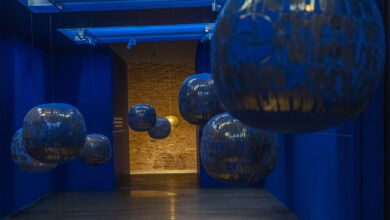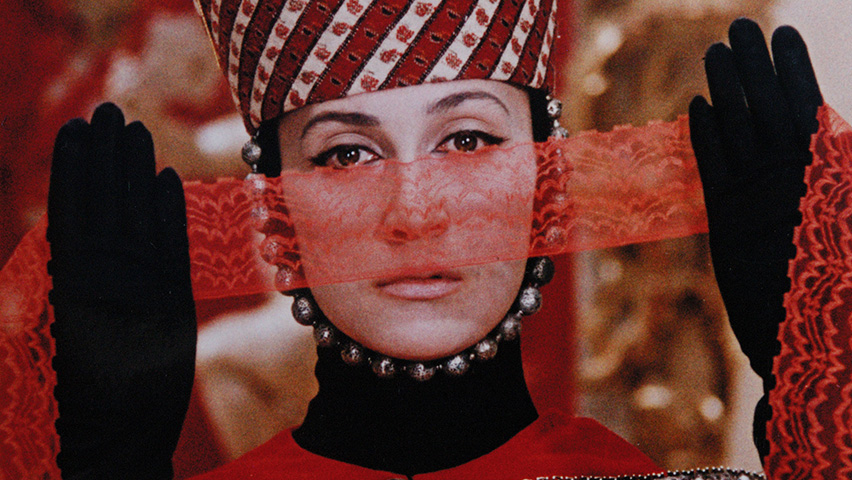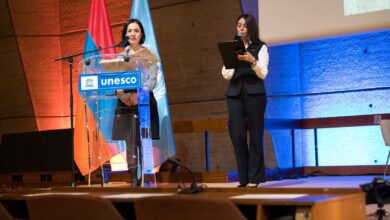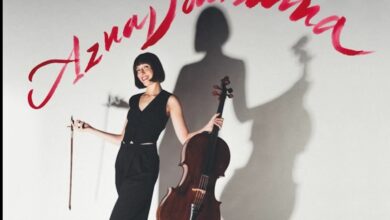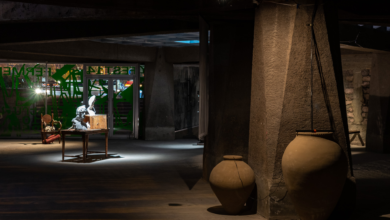FT: The Italian conductor who moved to Armenia after falling in love
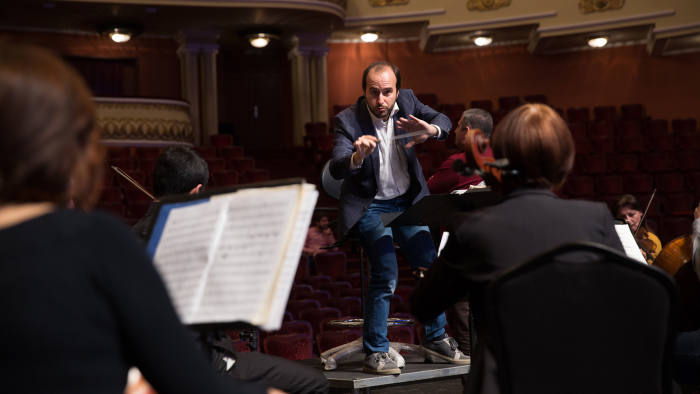
Photo: Jodi Hilton
Italian composer Gianluca Marcianò has lived across the Caucasus but is now settled in Yerevan with his violinist wife, the Financial Times reports.
Marcianò, 40, has spent most of his professional life outside his home country, hopping between opera houses in the Middle East and across the Caucasus. In late 2015, he settled in Yerevan, Armenia’s capital, as guest principal conductor of the state opera house.
Yet even if he is based in Yerevan, Marcianò remains global in outlook and persuasion. Next month he will spend five weeks in Beirut, at the Al Bustan Festival, where he is artistic director. In March and April he will conduct at the inaugural White Nights festival in Dubai.
Marcianò was born in Lerici, a town on the Italian Riviera that was popular with Romantic poets in the 19th century; Shelley died in a storm while sailing there in 1822. Marcianò does not come from a musical family. Rather, he was a “very excited kid”, and when a teacher suggested he channel his energy into learning an instrument he chose the piano. “At first I didn’t like it, but for me it was very easy to learn,” he says. “Then I became a fanatic,” Marcianò said in an interview with the Finantial Times’ Nicola Davison.
He set out to become a professional pianist, but became disillusioned. “It was a very lonely kind of life,” he says. “The dialogue was between me and the instrument.” With conducting, he would be able to make music yet also be part of a communal experience.
Marcianò left Italy, taking a job as an assistant conductor in Ljubljana, Slovenia. He made his debut in Zagreb, Croatia, soon after, conducting Verdi’s Nabucco. “The first time I approached the orchestra was strange because I was coming from touching the instrument, which produces sound, and going into feeling the sound when my hands were not touching anything,” he says. “It was strange, like walking on air . . . Then all this disappeared and I was just inside the music and I just remember the beginning and the end.”
Marcianò feels at home in the Caucasus; a previous post was at the Tbilisi state opera and ballet theatre in Georgia. “I like these countries because they have a little bit of Europe — Armenia is Christian — but they are also Asian,” he says. “There are two mentalities.”
He moved to Yerevan because he “fell in love with a wonderful girl”, a violinist in the Youth State Orchestra of Armenia, whom he met at the festival in Beirut. (The wedding ring is new; they married last summer.) He adapted to the city’s languid rhythm and the generosity of Armenian hospitality. “We lost it a little bit in Europe,” he says. “We have so many deadlines. In London, if you want to meet a friend, you have to book the schedule.” Marcianò plans to learn Armenian, though admits it is a difficult language, with its own alphabet and uncommon grammar.
The opera house where Marcianò works is located on a square right in the centre of the city, and the streets radiate from the building like spokes on a wheel. Armenians, he says, love opera, especially the classics by Puccini or Verdi with dramatic endings “because they are very passionate”.
“It is a public that can give you a lot of satisfaction,” he adds. “If they are happy, they really show it — you can really hear them screaming ‘Bravo!’” Most encouraging is the enthusiastic attendance of many young people. “In Italy you see normally only pensioners. In Yerevan, the youth is going to performances, and this is amazing.”



